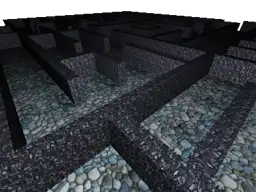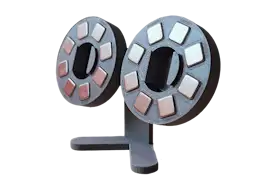
2d
3d
bot
chat
cpp
csharp
demo
docker
game
go
gui
java
javascript
k8s
lib
mod
php
print
proxy
video
web

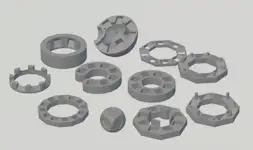
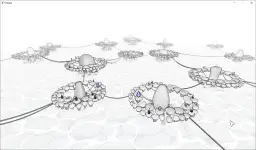
Download:
demos.zip
Videos:
potato.mp4
development.mp4
Source code:
github.com/razzie/PotatoGame
Year: 2017
Tags:3d
cpp
demo
game
video
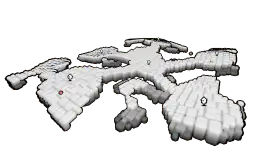
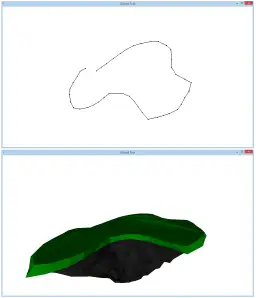
Source code and binary:
github.com/razzie/hobby-projects/2016/groundtool
Year: 2016
Tags:3d
cpp
demo
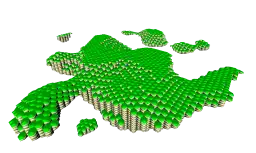
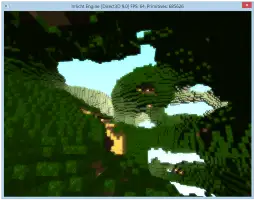
Source code and download:
github.com/razzie/hobby-projects/2011/minecraft-clone-v1
github.com/razzie/hobby-projects/2012/minecraft-clone-v2
Year: 2011 - 2012
Tags:3d
cpp
demo
